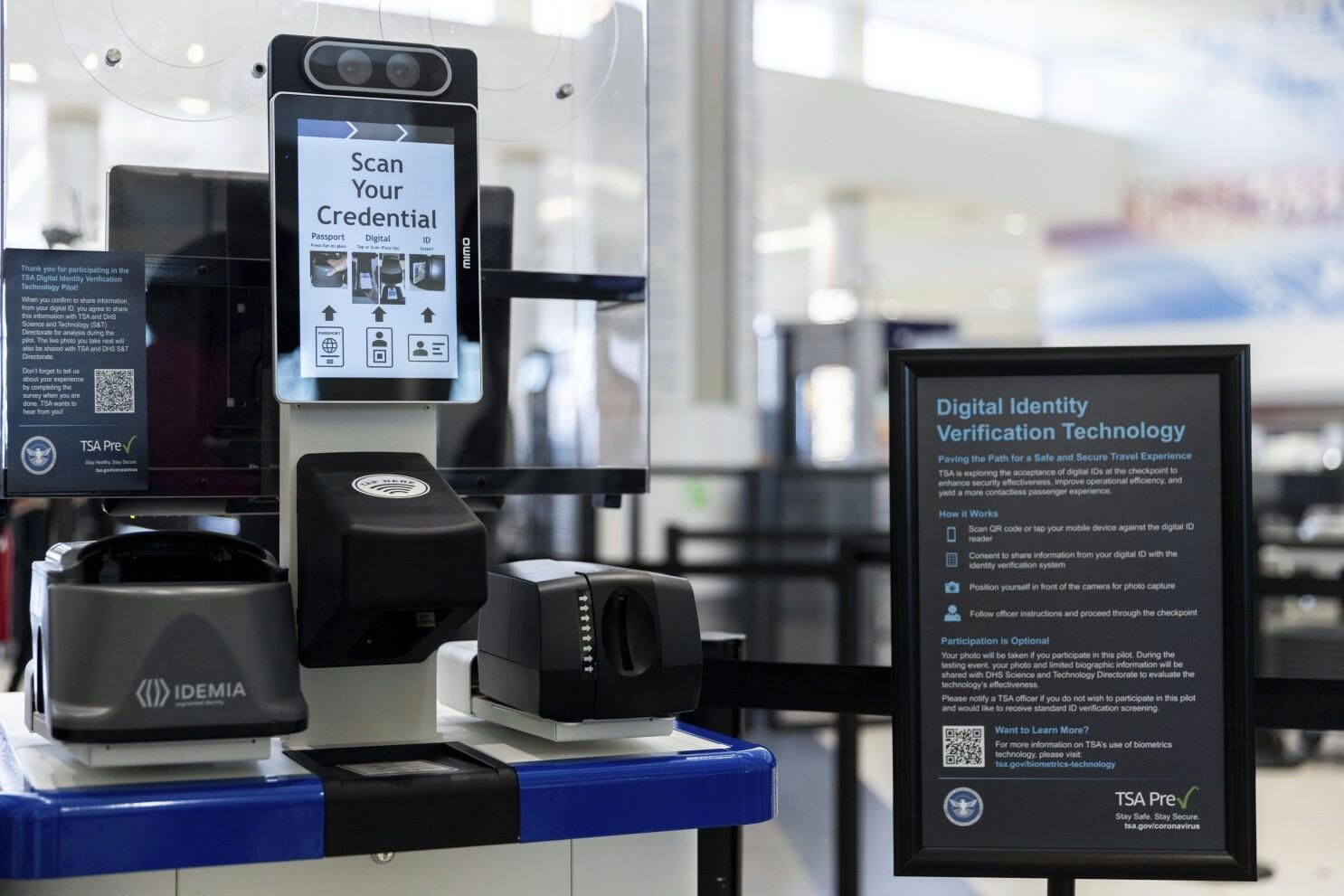AeroGenie — Votre copilote intelligent.
Tendances
Categories
Russian Airports to Introduce AI-Based Security Systems

Russian Airports to Deploy AI-Based Security Systems Amid Heightened Security Concerns
Major airports across Russia are preparing to implement advanced artificial intelligence-driven security systems developed by Ntechlab, a leading Russian facial recognition company currently subject to Western sanctions. According to a report by broadcaster RTVI, the new technology aims to enhance real-time surveillance capabilities by analyzing footage to identify potential security threats more efficiently.
Features and Deployment of the AI Security System
The AI system is designed to detect a range of security breaches, including unauthorized access to restricted tarmac areas, attempts to circumvent security checkpoints, and improper movements of staff or service vehicles within airport premises. Additionally, the technology can monitor crowd density within terminals, a feature that could prove valuable during peak travel periods. Ntechlab’s CEO, Alexei Palamarchuk, emphasized transportation security as a primary focus of the system’s application.
Testing of the system has reportedly been completed at one of Moscow’s four major airports, though the company has not disclosed which facility was involved. Plans to expand the deployment to other airports across Russia have been announced, but no specific timeline or locations have been provided.
Context and Controversies Surrounding the Rollout
The introduction of this AI-based security system comes amid increased security challenges following recent drone attacks attributed to Ukraine, which disrupted hundreds of flights and inflicted estimated losses of approximately 20 billion rubles (around $250 million) on Russian airlines. These incidents have underscored the urgent need for more sophisticated security measures at transportation hubs.
However, the deployment of facial recognition and continuous surveillance technologies has reignited debates over privacy and data protection. Experts caution that the use of such systems in public spaces raises significant concerns about mass surveillance and the potential infringement of individual rights. Ntechlab itself faces sanctions from the United States and the European Union, accused of facilitating mass surveillance and human rights abuses through its technology, which has been employed by Russian authorities.
Implications for the AI Security Market
The move by Russian airports reflects broader global trends in the AI security sector, which is experiencing rapid growth. Industry analysts forecast a compound annual growth rate of 6.1% in the Cabin Intelligence AI Systems market, driven by increasing demand for advanced security solutions at airports and other transportation hubs. Ntechlab’s entry into this space is expected to intensify competition among AI security providers, encouraging rivals to improve their technologies, especially in light of vulnerabilities revealed by recent incidents involving AI-assisted cyber threats such as “vibe hacking.”
As AI technologies continue to evolve, experts stress the importance of ongoing updates and enhancements to security systems to counter increasingly sophisticated cyber-attacks. The challenge for airports and technology developers will be to strike a balance between strengthening security measures and safeguarding privacy, ensuring that the adoption of AI does not compromise fundamental individual rights.

Capital A Completes Sale of Aviation Business to AirAsia X

Four Gateway Towns to Lake Clark National Park

PRM Assist Secures €500,000 in Funding

Should Travelers Pay More for Human Support When Plans Go Wrong?

InterGlobe Aviation Shares Rise 4.3% Following January Portfolio Rebalancing

Key Market Segments Shaping Airline Route Profitability Software

Locatory.com Gains Traction Among Aviation MROs and Suppliers

JetBlue Flight Makes Emergency Landing Following Engine Failure

58 Pilots Graduate from Ethiopian University

The Engine Behind Boeing’s Latest Widebody Aircraft
